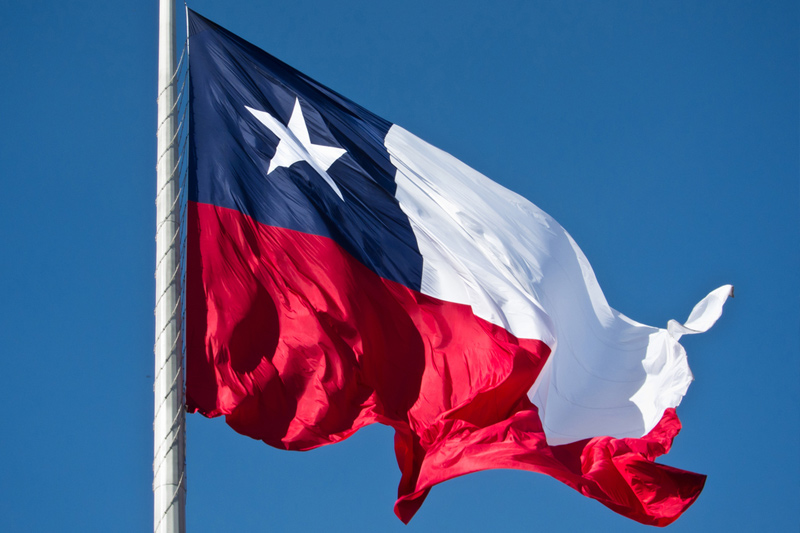(Bloomberg) -- Chile is on the brink of losing its hard-won reputation as the safest bet in Latin America following the biggest social upheaval in a generation.
One month into a wave of mass protests Chile’s credit-default swaps are near those of the region’s other most stable countries. The gap between the spread on its five-year CDS and Peru’s has narrowed 21 basis points to two basis points. The gap with Panama has disappeared over the same period, with the Central American nation now 0.6 basis point below Chile.
Almost 40 years of steady growth has turned Chile into the wealthiest country in South America. It has little public debt, a large sovereign wealth fund and low, stable inflation, all of which has help build its reputation as a shining star in Latin America. But not anymore.
“Chile has earned that developed-market-like EM title, though I do have a feeling that it is starting to turn,” said Aaron Gifford, an emerging-market sovereign analyst at T Rowe Price Associates Inc. in Baltimore, Maryland. “Chile’s an emerging market -- that’s what it is.”
Chile has been convulsed by protests and riots for almost four weeks, with people demanding better pensions, healthcare and education, as well as a new constitution. The police have appeared to lose control at times, with almost a third of supermarkets looted, more than $2 billion of damage and thousands of shops closed.
The disturbances may cost Chile 300,000 jobs, Finance Minister Ignancio Briones said Thursday.
Still, the pillars that underpin the economy, including the giant copper industry, remain intact and Chile’s CDS remain far below those in Mexico or Brazil.
“It would take a lot more to really make a dent in terms of fundamentals,” Alvaro Vivanco, head of Latin America strategy and macro analysis at NatWest Markets Securities Inc., said in an interview. “It’s an extremely well anchored economy. That’s not going to change”
Yet investors are beginning to worry about the government’s response to the crisis. President Sebastian Pinera has pledged an extra $1.2 billion in spending, including a new minimum income and an increase in state-paid pensions.
He has also agreed to ditch Chile’s constitution, which enshrines the free-market policies put in place under the dictatorship of Augusto Pinochet. The prospect of a new constitution sent the peso to record lows this week.
“It is unquestionable that due to recent events the gap between the risk of Chile against other countries has closed,” Credicorp Capital economists including Tomás Sanhueza said in a note to clients. The CDS could rise further “once the social-related reforms are defined and the economic implications of these changes are known.”
